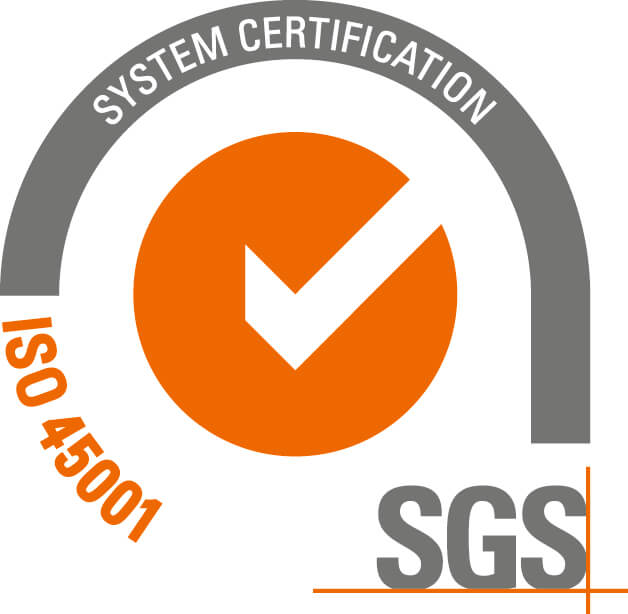BIN2GRID
2015. - 2018.
The main target of the Bin2Grid project (full name: Turning unexploited food waste into biomethane supplied through local filling stations networks) is to promote separate collection of food waste from specific and various producers (industry, hospitality and households) for the purpose of biofuel (biomethane) production and its use through the local filling station network. The project consortium consists of a total of 8 partners from different European countries (target city representatives), with Zagreb City Holding Ltd, Subsidiary Čistoća acting as Project Coordinator. The project started in January 2015 and will last for three years.
The experiences of all stakeholders involved will be used during the project, and the potential for the production of energy from food and beverage waste in countries with different waste management systems (separate collection or disposal of food waste) will be explored.
Specific activities (workshops, promotional campaigns, task force meetings) will be held during the project, and the proposed models should lead to increased production of biogas by anaerobic fermentation process. This will help reduce CO2 emissions associated with the current consumption of fossil fuels and promote the use of biofuels.

The main target of the Bin2Grid project (full name: Turning unexploited food waste into biomethane supplied through local filling stations networks) is to promote separate collection of food waste from specific and various producers (industry, hospitality and households) for the purpose of biofuel (biomethane) production and its use through the local filling station network. The project consortium consists of a total of 8 partners from different European countries (target city representatives), with Zagreb City Holding Ltd, Subsidiary Čistoća acting as Project Coordinator. The project started in January 2015 and will last for three years.
The experiences of all stakeholders involved will be used during the project, and the potential for the production of energy from food and beverage waste in countries with different waste management systems (separate collection or disposal of food waste) will be explored.
Specific activities (workshops, promotional campaigns, task force meetings) will be held during the project, and the proposed models should lead to increased production of biogas by anaerobic fermentation process. This will help reduce CO2 emissions associated with the current consumption of fossil fuels and promote the use of biofuels.







